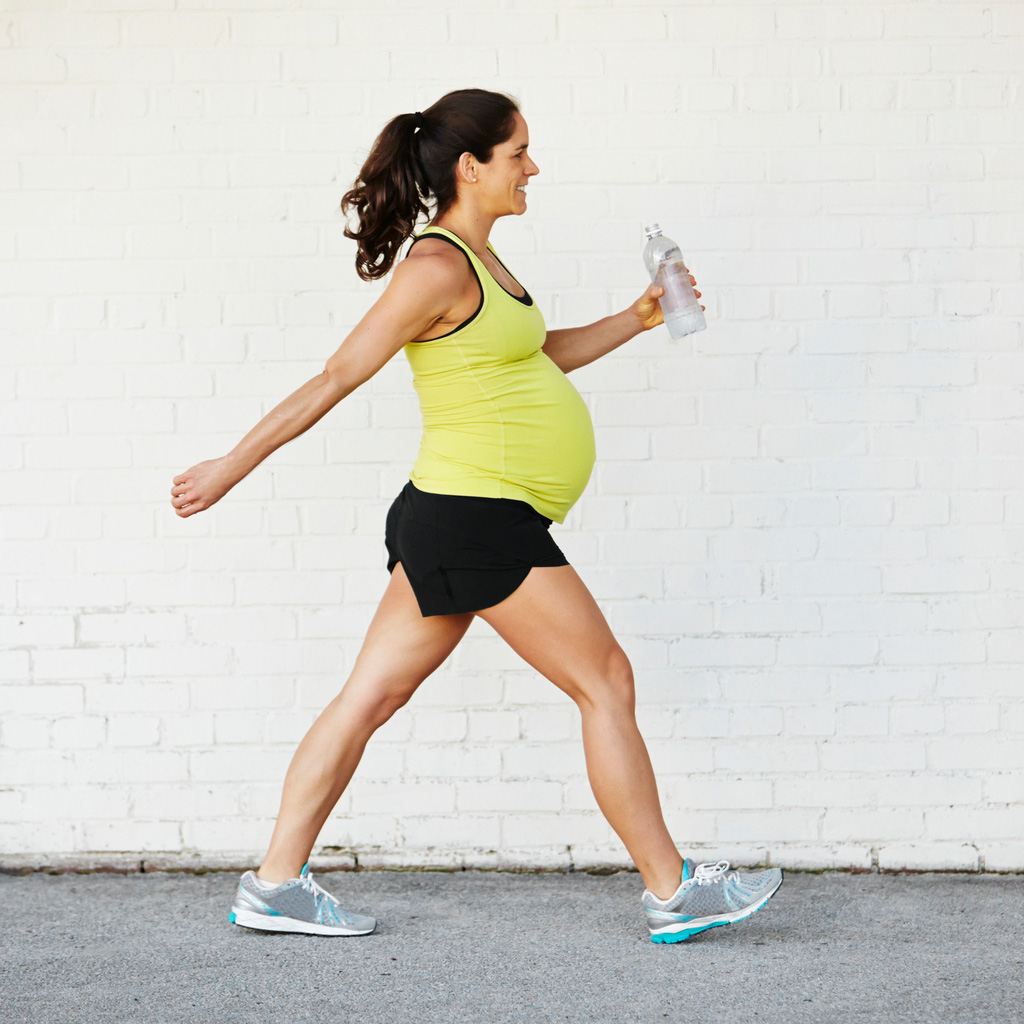Exercise has excellent physical and emotional benefits. Some of the benefits of exercising during pregnancy include reduced fatigue, less swelling, education in leg cramps, improved sleep, less constipation, reduced back and joint pain, and reduced risk of gestational diabetes and preeclampsia. If you already have an exercise regimen, you can continue these activities. If you are not currently active, try light to moderate physical activity.
When you are exercising you should stay well hydrated and avoid becoming overheated. You should be able to talk when you are active. If you become dizzy, have vaginal bleeding, contractions, chest pain, or decrease/absent fetal movement you should stop your activity immediately. Ask your health care provider before starting a new exercise regimen.
The American College of Obstetrics and Gynecology Recommends
- Continue mild to moderate exercise, at least 3 times a week is preferable to intermittent exercise.
- Avoid exercise while lying directly on your back after 12 weeks.
- When exercising, make sure you increase your water intake and modify your exercise by how you
Exercises Generally Considered Safe in Pregnancy
- Low Impact Aerobics or Pregnancy Fitness Classes
- Stationary Bike
- Jogging or Walking
- Swimming or Water Aerobics
- Prenatal Yoga
- Non-competitive racket sports or golf
- Weight Training (avoid excessive straining)
Exercises To Avoid in Pregnancy
- Contact sports
- SCUBA
- Downhill skiing
- Extremely vigorous exercise or overexertion
- Gymnastics
- Horseback riding




